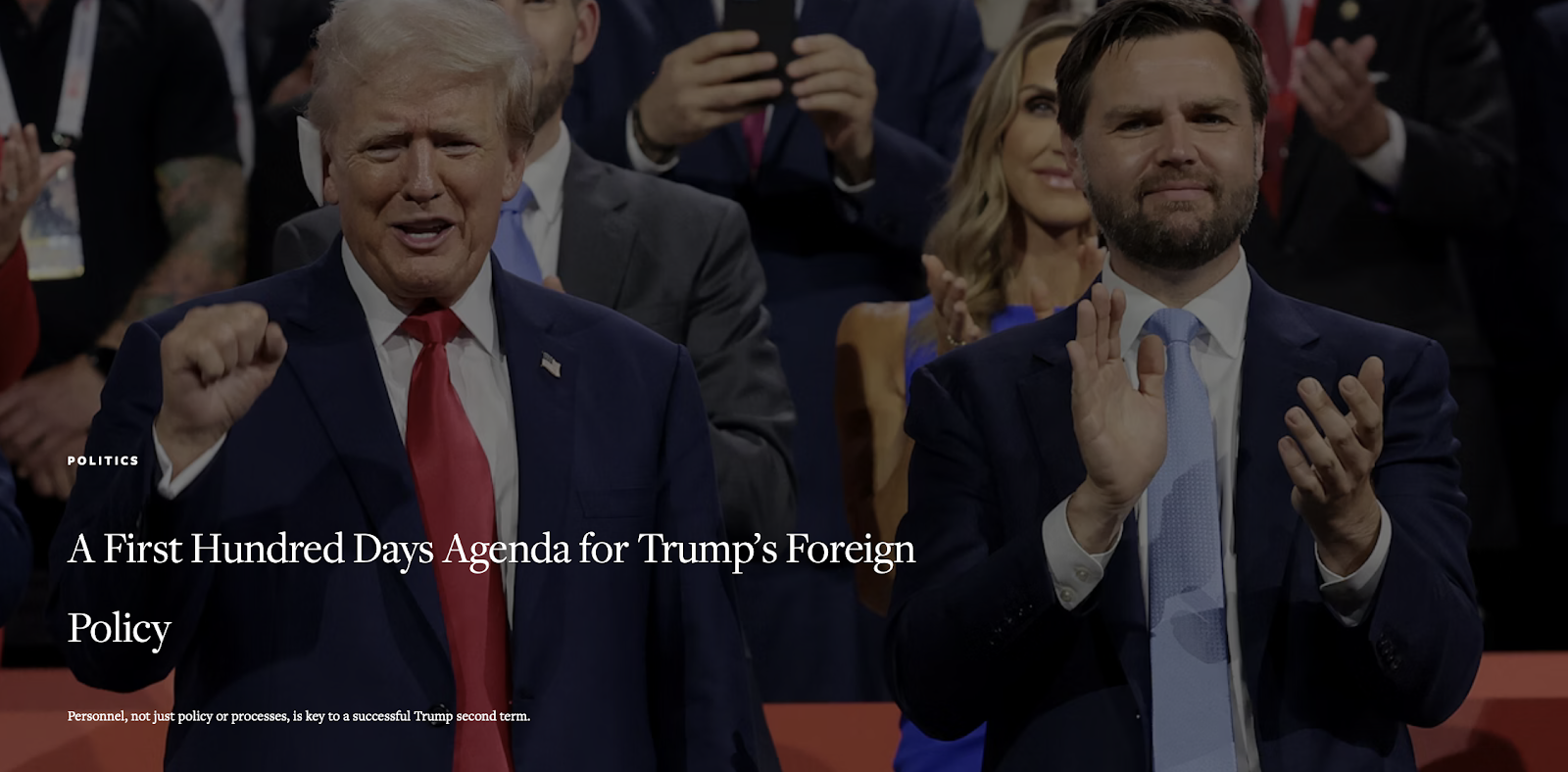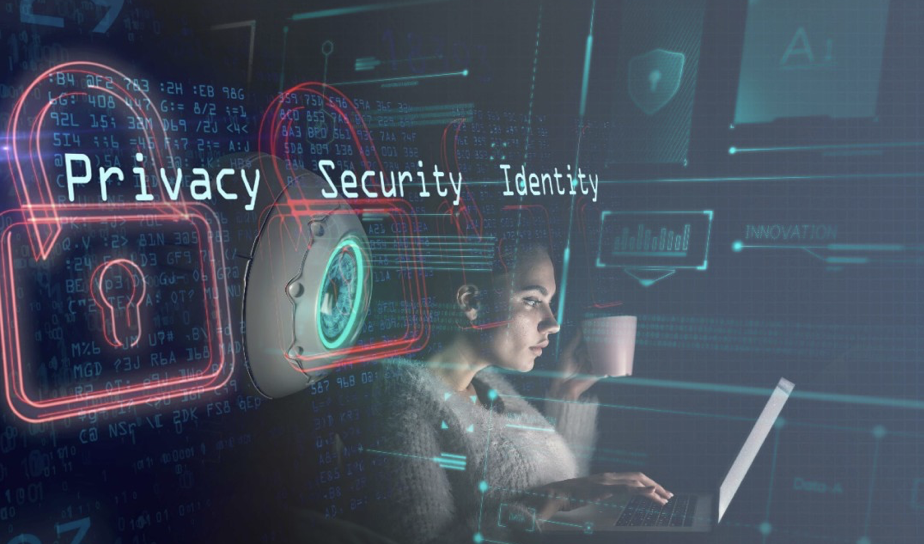Throughout the course of this semester I have learned so much about my First Amendment rights and how they relate to the digital world. Diving into topics like protected and unprotected speech, effects of artificial intelligence, and online privacy has exposed me to so many intricate realms of media law and literacy. Applying this to our society today and my own life, I see the immense role that technology plays in maintaining or threatening free speech.
Technology has been present in my life for as long as I can remember, and in many ways has shaped the person I am and opinions I hold. In my generation, there is a major tension between the good that we have produced through technology, and the addictive, unhealthy, obsessive relationship that we have with it. I saw this represented so vividly through the two videos we watched in class, FUTURAMA and Tears for Years.
Starting off with the positive impacts of technology, and the 1960's interpretation of that in FUTURAMA, we are able to influence its impact on society today. It is no secret that the Internet is the most impressive and brilliant discovery in history. The adaptations of technology like weather tracking satellites, interstate highway systems, and mass-producing agricultural factories that this video predicted have transformed our world from what it was 60 years ago. Reflecting on my own life, technology has allowed me to use my passions in ways that never would have been possible a century ago. I am a Social Media and Digital Communications major, with a minor in Graphic Design. I hope to someday be the social media manager for a company, and I currently hold an internship as the social media manager for a local organization. I love art, and the field of digital communication and digital design has allowed me to put this passion into an area of high demand: the digital world. Additionally, our generation has produced so much good from technology and social media. Creators on apps like TikTok and Instagram use their platforms for all kinds of education, whether that's political and social activism, mental health awareness, or general lifestyle advice.
However, there are so many unintended consequences that have arisen as a result of technology. These consequences are demonstrated in a vivid sense through Tears for Years. While some would argue that this film is an extreme portrayal of our society's current relationship with technology, I think it is a scary and accurate portrayal of the very near future. Yale Medicine studies reveal the extreme detriments of social media on psychological health. I have a personal experience of this through my own relationship with technology. I think I speak not only for myself but for the majority of my generation when saying that during the Covid 19 pandemic, our reliance on technology led me into extreme isolation, dependency, and addiction to my phone. This kind of addiction is difficult to combat, and throughout the remainder of high school until even now, I force myself to follow things like screen time limits, and "do not disturb" features to prevent a reliance on my phone.
Overall, I view technology as a necessary evil in our current society. While it has contributed so much to industry, science, healthcare, communication and more, the unintended consequences are detrimental and increasing every day. Personally, I want to decrease the presence of social media in my personal life moving forward, and confine it to my professional life in the context of my future career.










